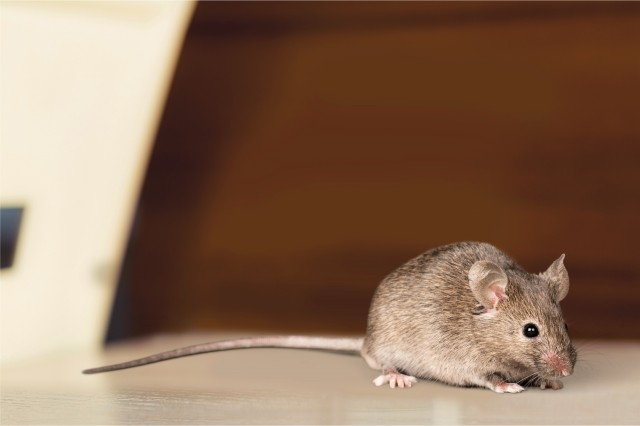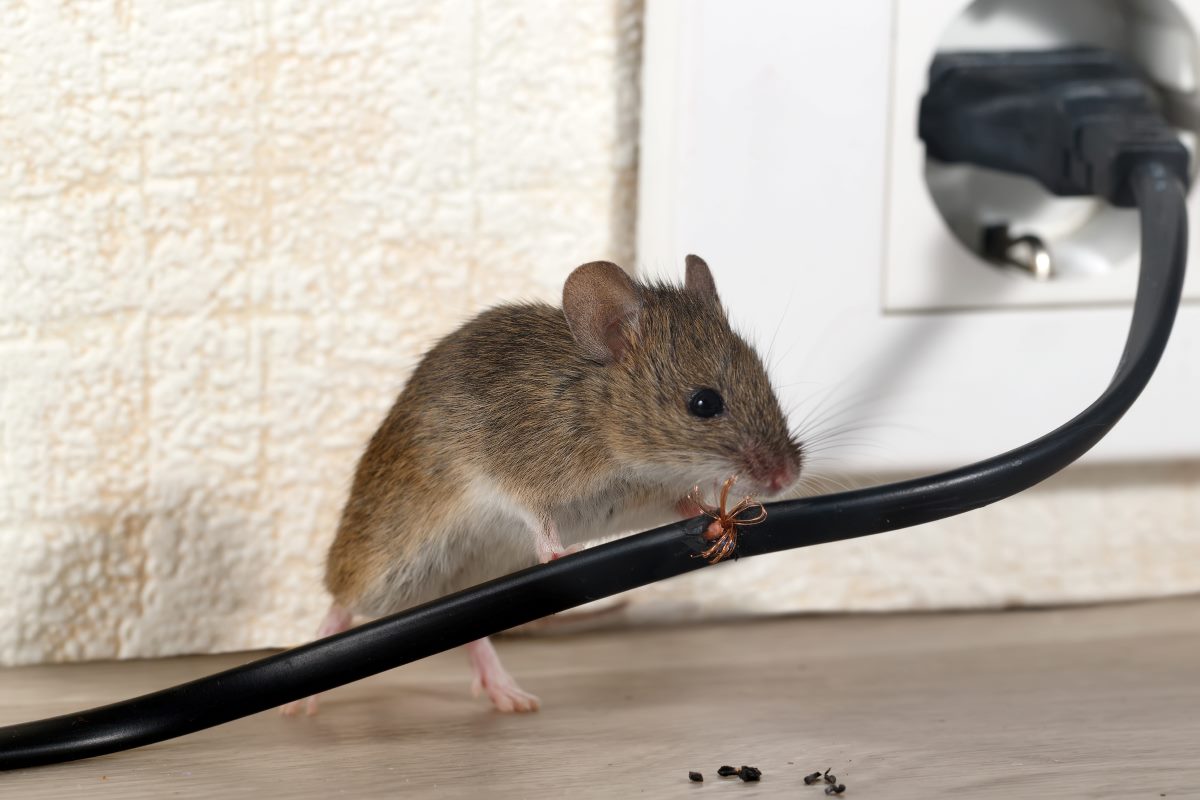Rodent Management in Hotels: Tips and Tactics for Success
Share
In the hospitality industry, maintaining a pristine and inviting environment is crucial for ensuring guest satisfaction. One of the greatest threats to this goal is the presence of rats and mice. Effective rodent management in hotels is not only necessary for preserving the hotel's reputation but also for ensuring guest safety and compliance with health codes.

Understanding the Threat of Rodents
Rodents can cause significant damage to a hotels infrastructure and can tarnish its reputation among guests. They are capable of entering through minute entry points, can contaminate food supplies, and carry diseases harmful to humans. Thus, proactive measures must be in place to counteract these hazards.
Why Rodents Love Hotels
Hotels provide all the necessities a rodent could wish for: food, water, shelter, and warmth. Hotels with restaurants, bars, or room service are particularly at risk. The availability of food and the constant movement of guests and supplies present challenges in maintaining a rodent-free environment.Catchmaster glue traps can be an effective tool in these situations.
Implementing an Integrated Pest Management Plan
Introducing an Integrated Pest Management (IPM) plan is vital for long-term rodent control. This requires a combination of preventative measures, monitoring, and control strategies aimed at reducing the use of pesticides and creating a sustainable control approach.
Preventative Strategies
Prevention is the first step in effective rodent management in hotels. This involves sealing entry points, ensuring proper food storage, and maintaining cleanliness throughout the premises.
Hotels should conduct regular inspections to identify potential infestations and implement preventative maintenance that addresses structural vulnerabilities. To learn more about sophisticated solutions, you can see AI pest control solutions
Monitoring Rodent Activity
Implementing strategic monitoring systems can help in early detection of rodent activity. Here, the use of traps and electronic monitoring devices can provide valuable data. Hotel staff should be trained to recognize signs of rodent presence, such as droppings or gnawed materials.
Responding to an Infestation
When rodents are detected, it is essential to act swiftly. Coordinating with professionals who specialize in rodent management can lead to quicker resolutions.
The Role of Professional Pest Control
Despite a hotel's best efforts in prevention, the expertise of a professional pest control service can significantly enhance a hotel's defense against rodents.Professional pest services offer specialized removal techniques and can tailor solutions to the unique demands of the hotel industry.
Conclusion
Effective rodent management in hotels is a continuous process that requires diligence and collaboration among hotel management and staff. By adopting an IPM approach, utilizing professional services, and implementing stringent preventative measures, hotels can maintain a welcoming and rodent-free environment.

FAQs
Why is rodent management critical for hotels?
Maintaining a rodent-free environment is crucial for health compliance, guest safety, and preserving the hotel's reputation.
What are the primary components of an IPM plan?
An IPM plan includes preventative measures, continuous monitoring, and professional intervention.
Can professional pest control significantly affect rodent management?
Yes, professional pest control offers expertise and solutions fine-tuned to address specific challenges faced in the hospitality industry.
This article contains affiliate links. We may earn a commission at no extra cost to you.
